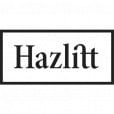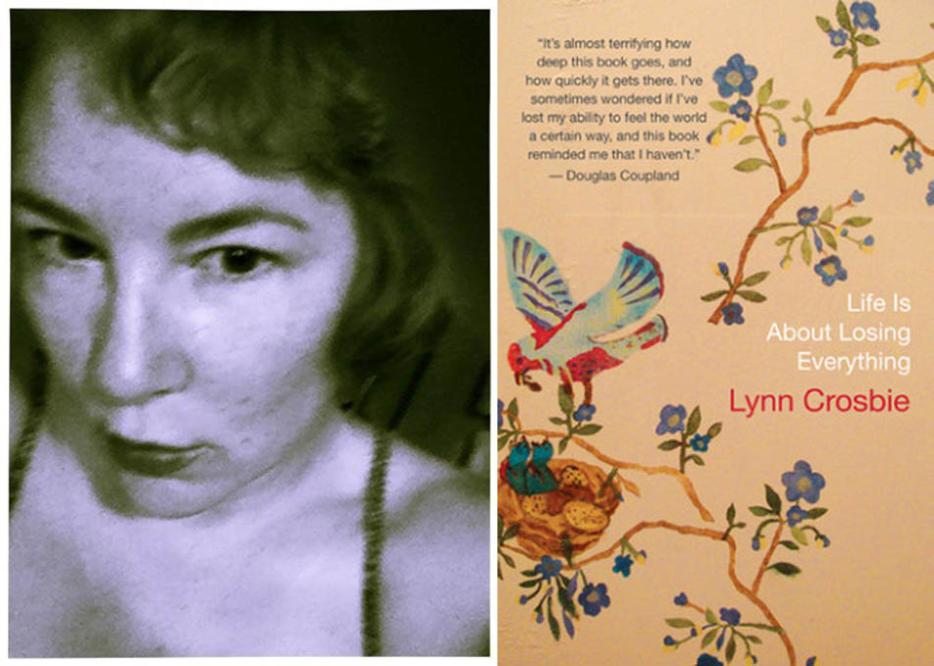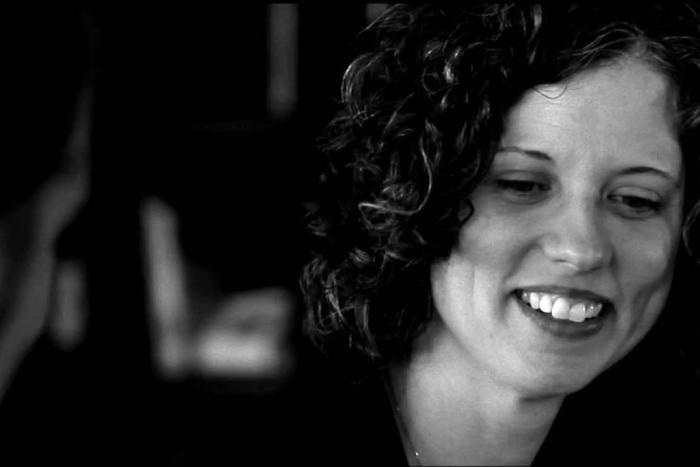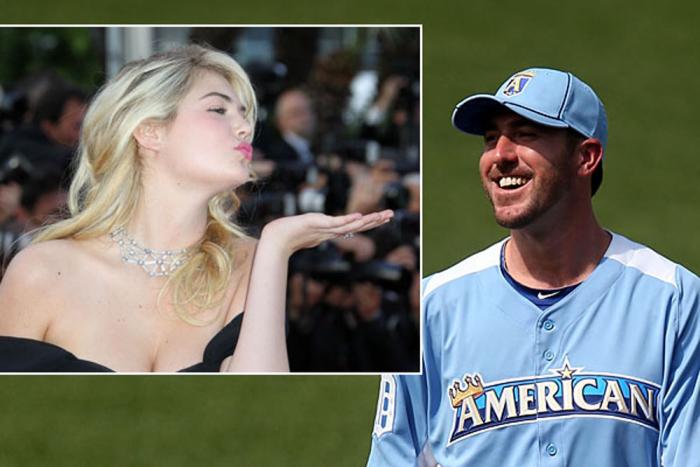Lynn Crosbie is a Toronto poet, novelist and Ph.D, who teaches at the University of Toronto and the Ontario Gallery of Art. She is also a regular contributor to Hazlitt. Her latest book is Life is About Losing Everything. Crosbie will be at IFOA tonight, as part House of Anansi's 45th anniversary roundtable at The Fleck Dance Theatre.
First, second or third person?
First. Immediate, compulsive, meretricious.
Nabokov had lepidopterology, Hemingway had the hunt. Do you have an extra-lingual obsession?
I develop sensitive, demented crushes on beautiful dead men and collect materials relating to them and little dolls: I have a Day of the Dead Michael Jackson with a skeleton head and silver glove suspended over a shrine that includes a jar of Porcelana, pins, drawings, a selection of tiny footwear and a bottle of the perfume he liked to spray on his crotch.
Which writers do you wish were more widely read?
Nathaniel G. Moore, Liz Worth and Danila Botha are my favorites of late. Moore has published a lot and it’s all great. So many writers who are not being mass-sanctified! I feel like the Canlit/poetry scene is like Jonestown, with a few exceptions. Writers who put out cool zines, or e-zines; who have disquieting personalities and write frightening, beautiful things.
Which rules of writing do you think should be ignored?
“Write what you know.” If that stupid advice is being followed then no one knows anything.
Beg, borrow and steal—are there any books you go to when you’re stuck?
I try to read books I cannot purloin while I am writing. Like a French novelization of Joey Jeremiah’s love life or Ovid.
The books business is changing. What elements of the game are you happy to see fall to the wayside? What gives you hope?
I like the idea of fan-fiction going bad and international-wide through DIY e-books. That we (like Genet did in prison) can write our dirty, passionate dreams and share them with others and get paid and avoid scumbag agents and every single element of the game.
Do you think it’s fair to call writing a game? (Some writers, mostly men for example, have likened it to boxing.) Or would you prefer another metaphor?
It is not unfair, but it is untrue. Unless you mean “game” like the “Hunger Games” or “The Lottery” as opposed to Parcheesi. I challenge any man who has made this appalling comparison to bare-knuckle box me!
Can you give any #protips on delivering a good reading performance?
Do not outline your horrible strategy, e.g., “I’m just going to read all of my new book, two more and 50 sweaty manuscript pages…” It’s like a torturer saying “I’m just going to beat you a while with a crowbar then start the water-boarding.” But if your strategy is “I’m in and out,” please tell us: it’s a true crowd-pleaser.
Do you have any personal tips for surviving a literary festival?
Understand that most of the people there are dead-ringers for ladies who say bad things about your mom behind her back. Be afraid!
What’s your ultimate past, present, or imaginary IFOA high point?
I interviewed Mary Gaitskill after her fight with (I miss him very much) Greg Gatenby. The day of the event we had cherry pie at Mars and shopped for sweaters, and that night we dressed in near-identical suits, and talked about children’s books (after she had been billed, quite scandalously, as “a writer and former prostitute”)
What’s the strangest thing that you’ve seen happen at a literary festival or reading?
Some people stealing Robert Goulet’s signed photograph (“Allo Canada!”) from the Ottawa festival centre. OK, some friends of mine. OK, me.
Which dead writer would you most like to sit on a festival round table with, and what would you discuss?
Jacqueline Susann. Kittenish things like, “How did you come up with the line, ‘Her cooze is like the Lincoln Tunnel!’?”
On a scale of one to Proust, how would you rate your experience answering this questionnaire?
Proust-tastic. Thanks






